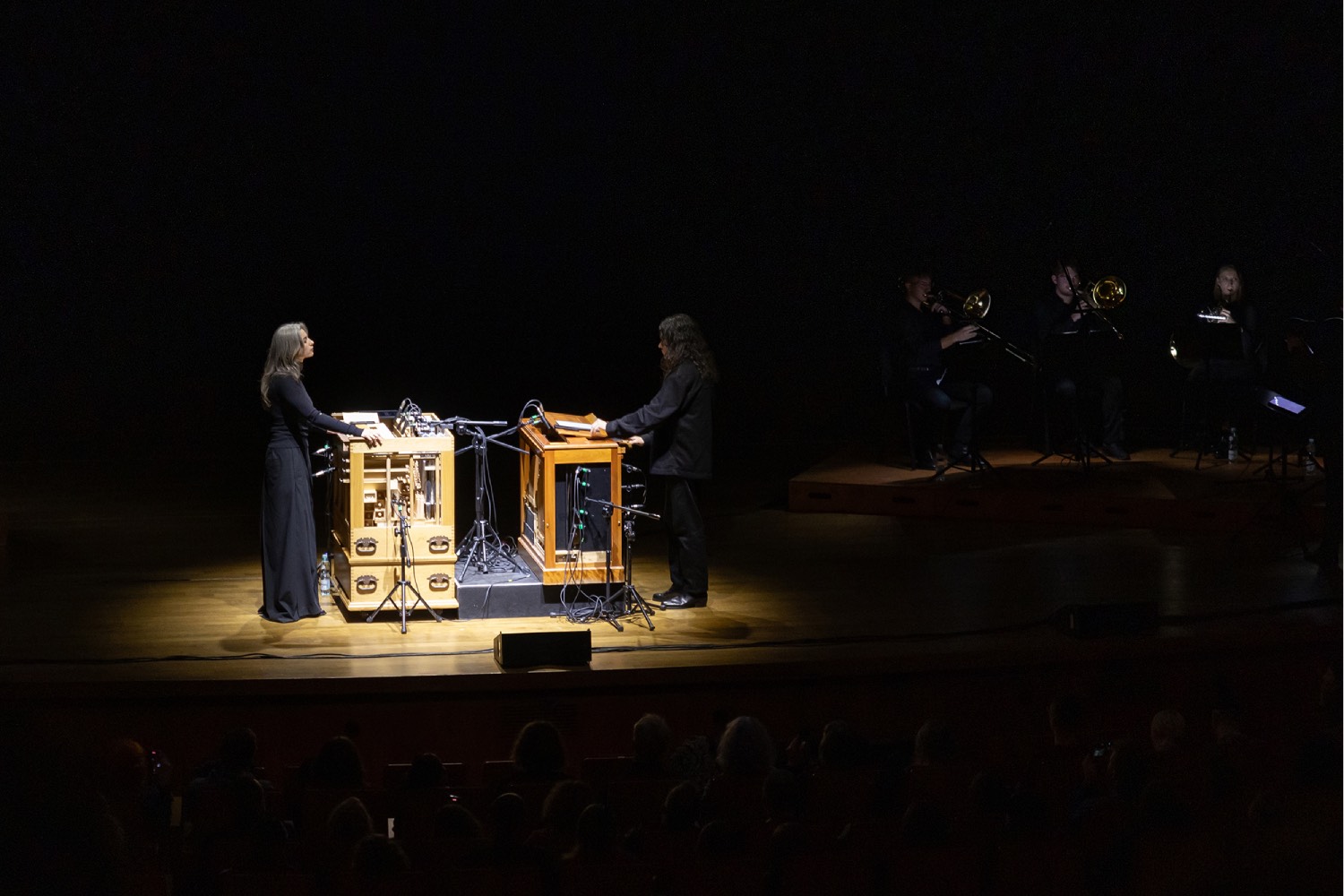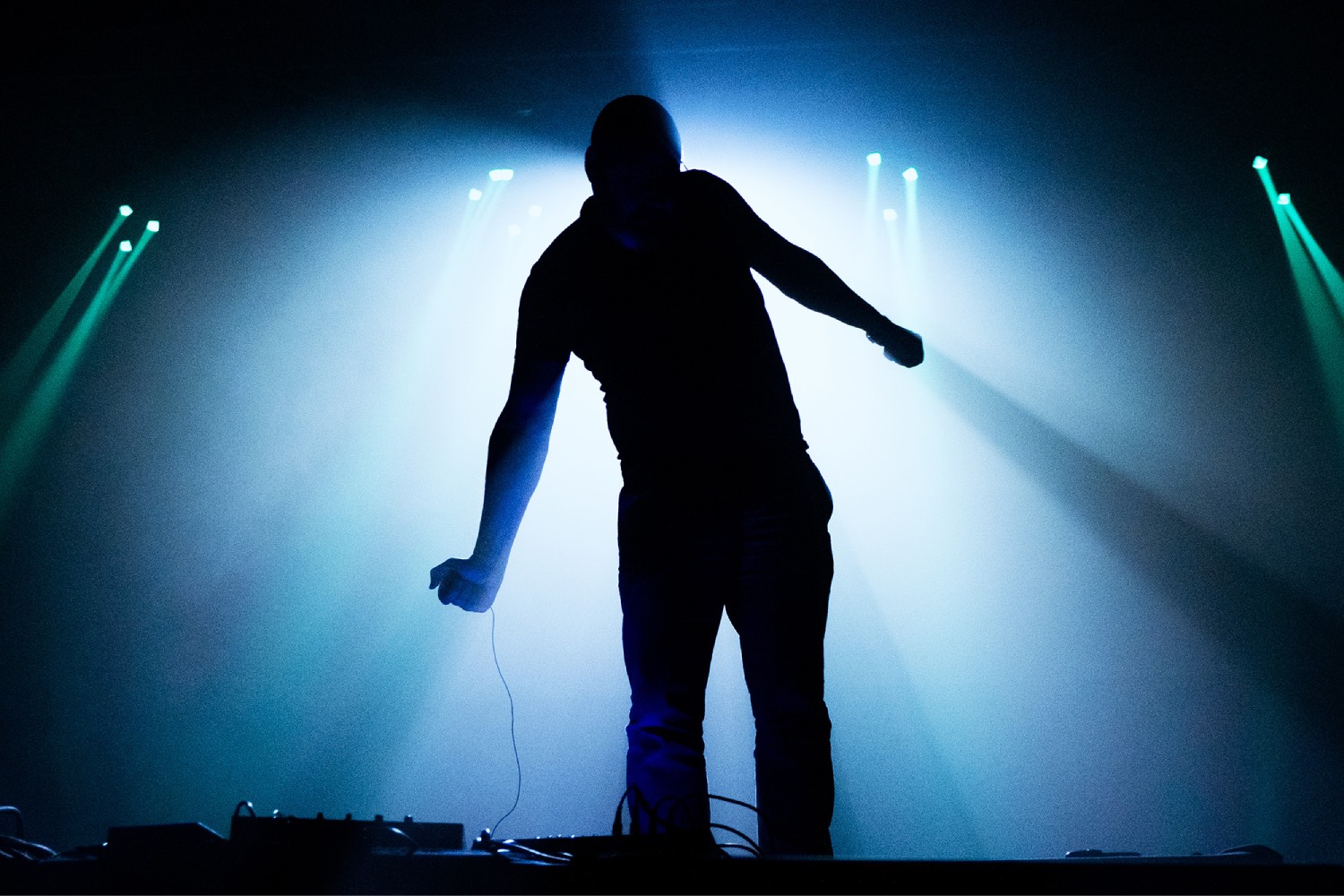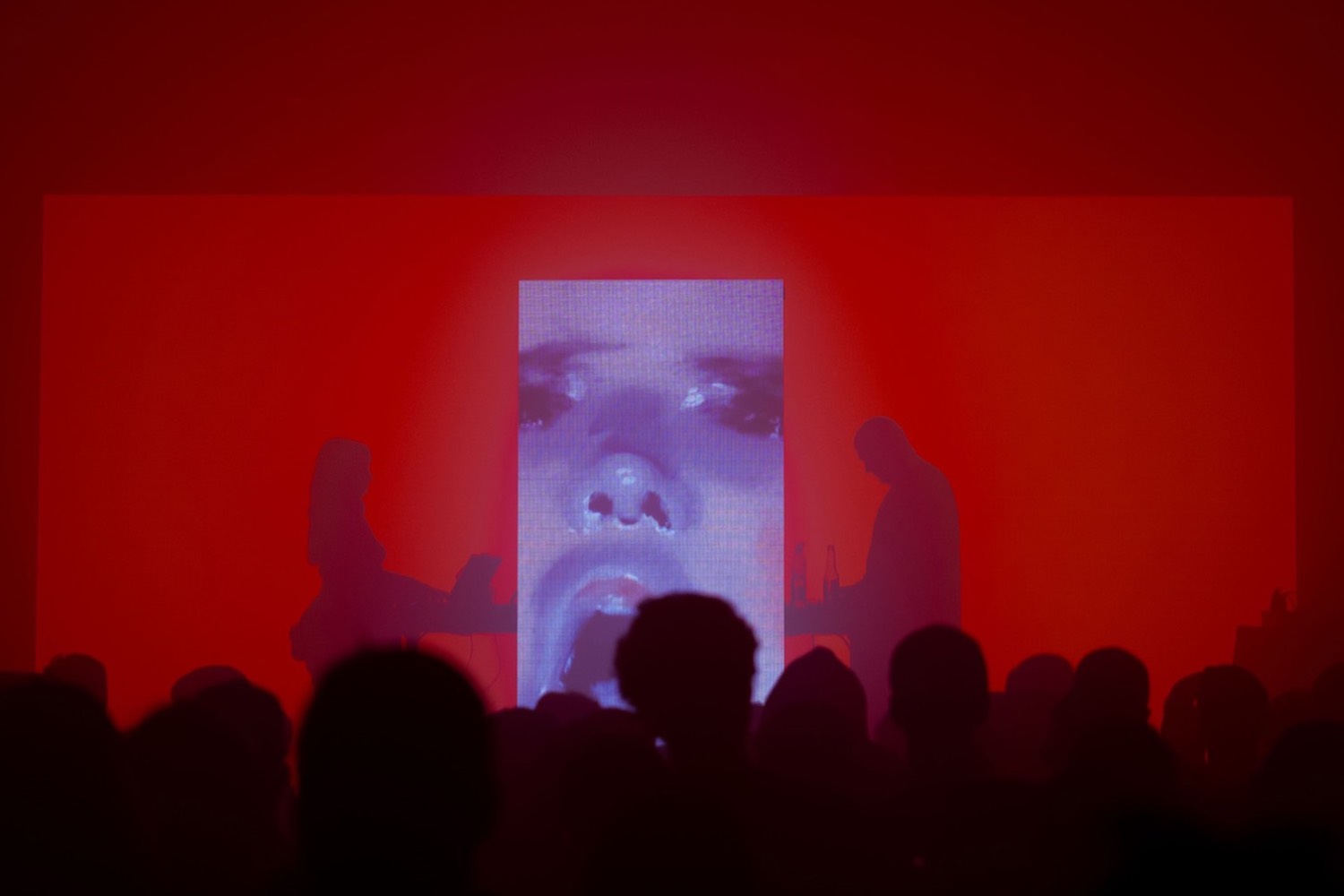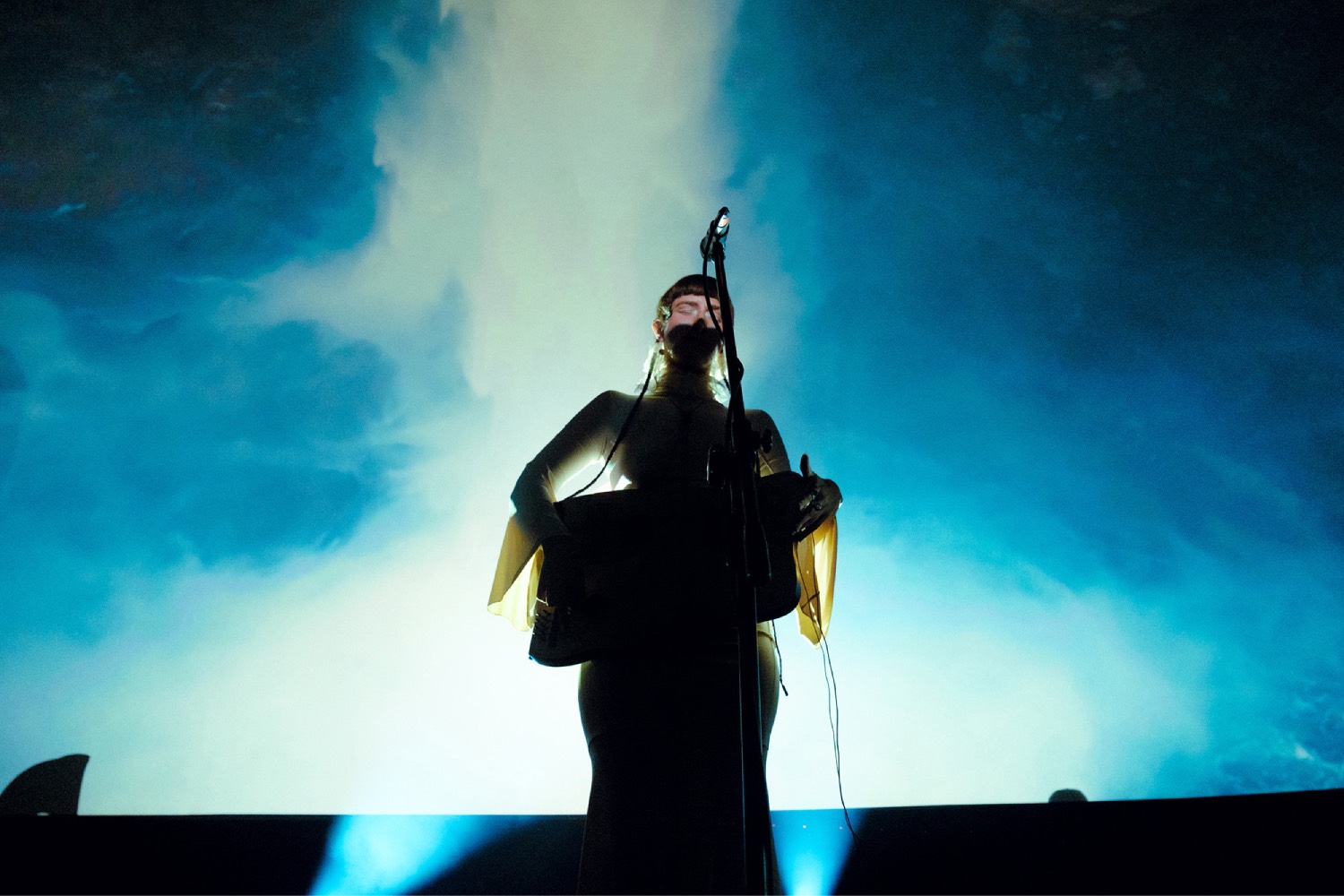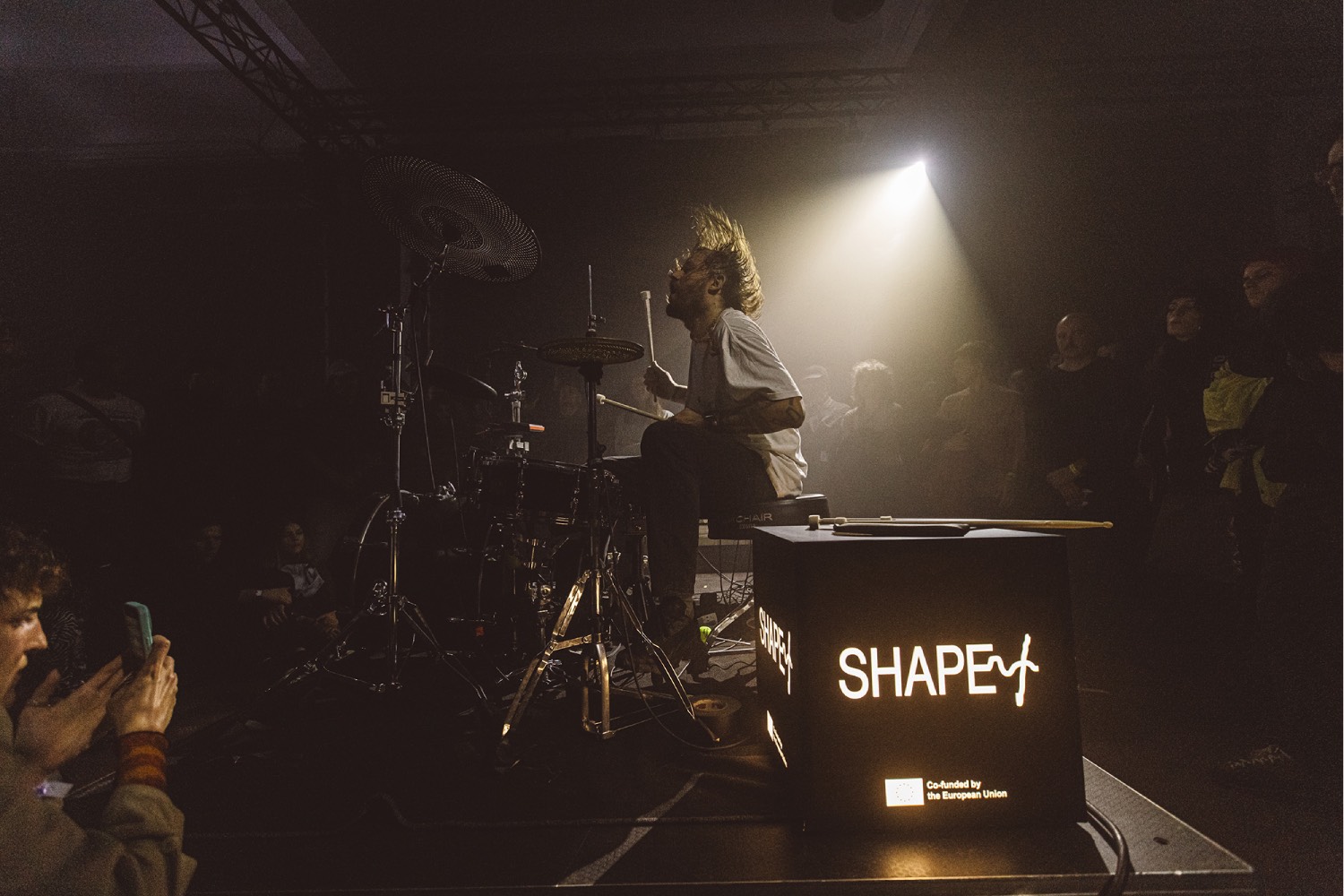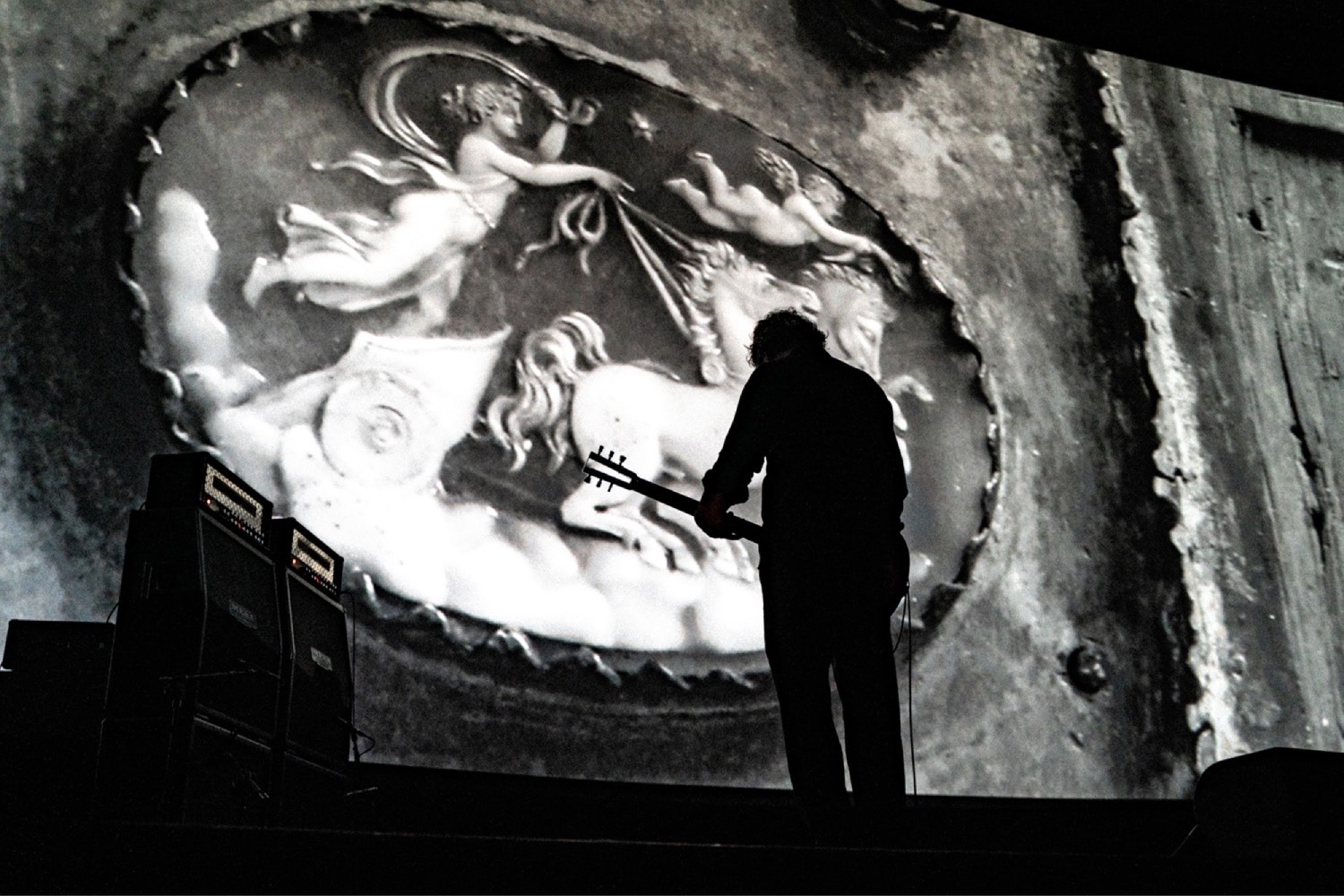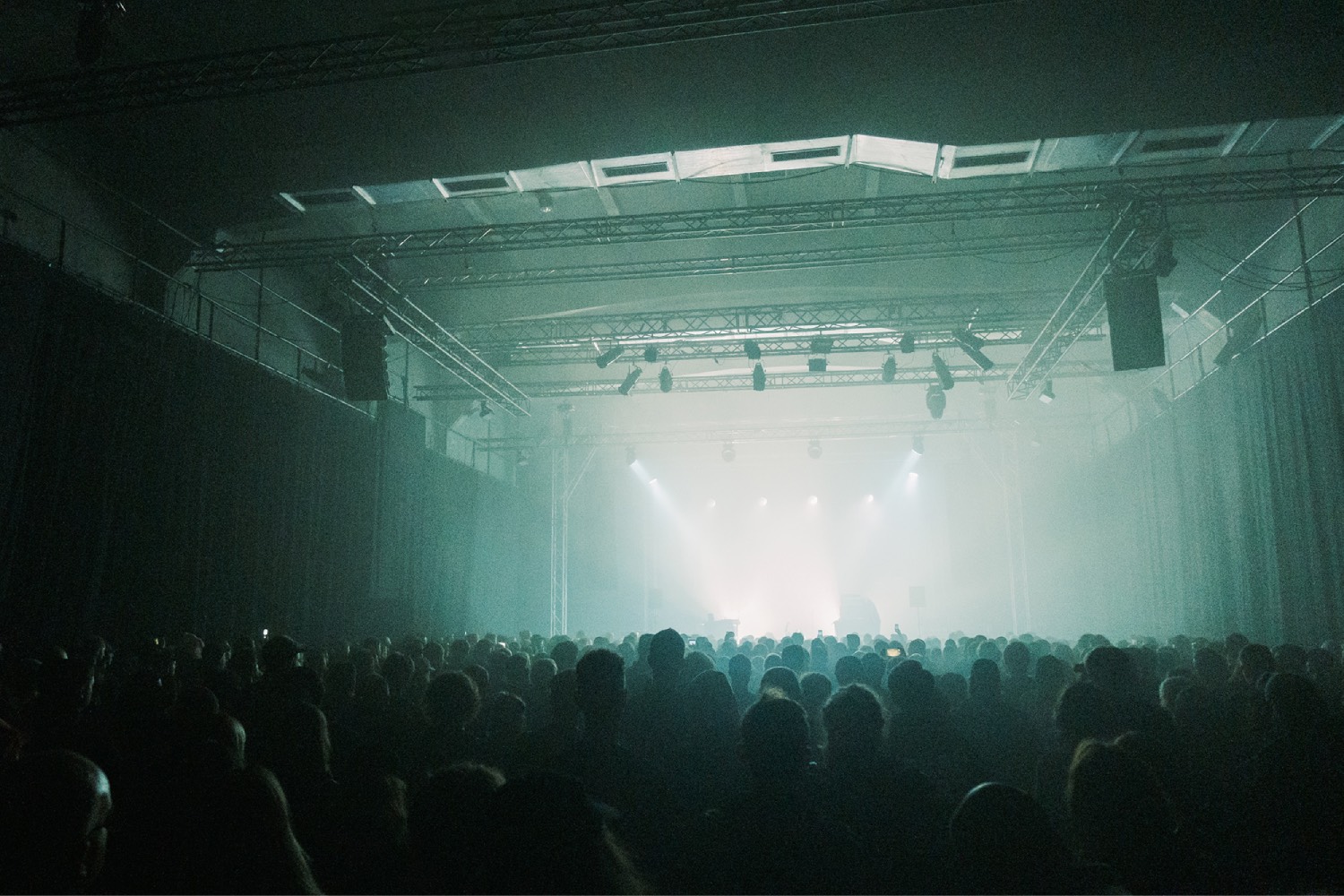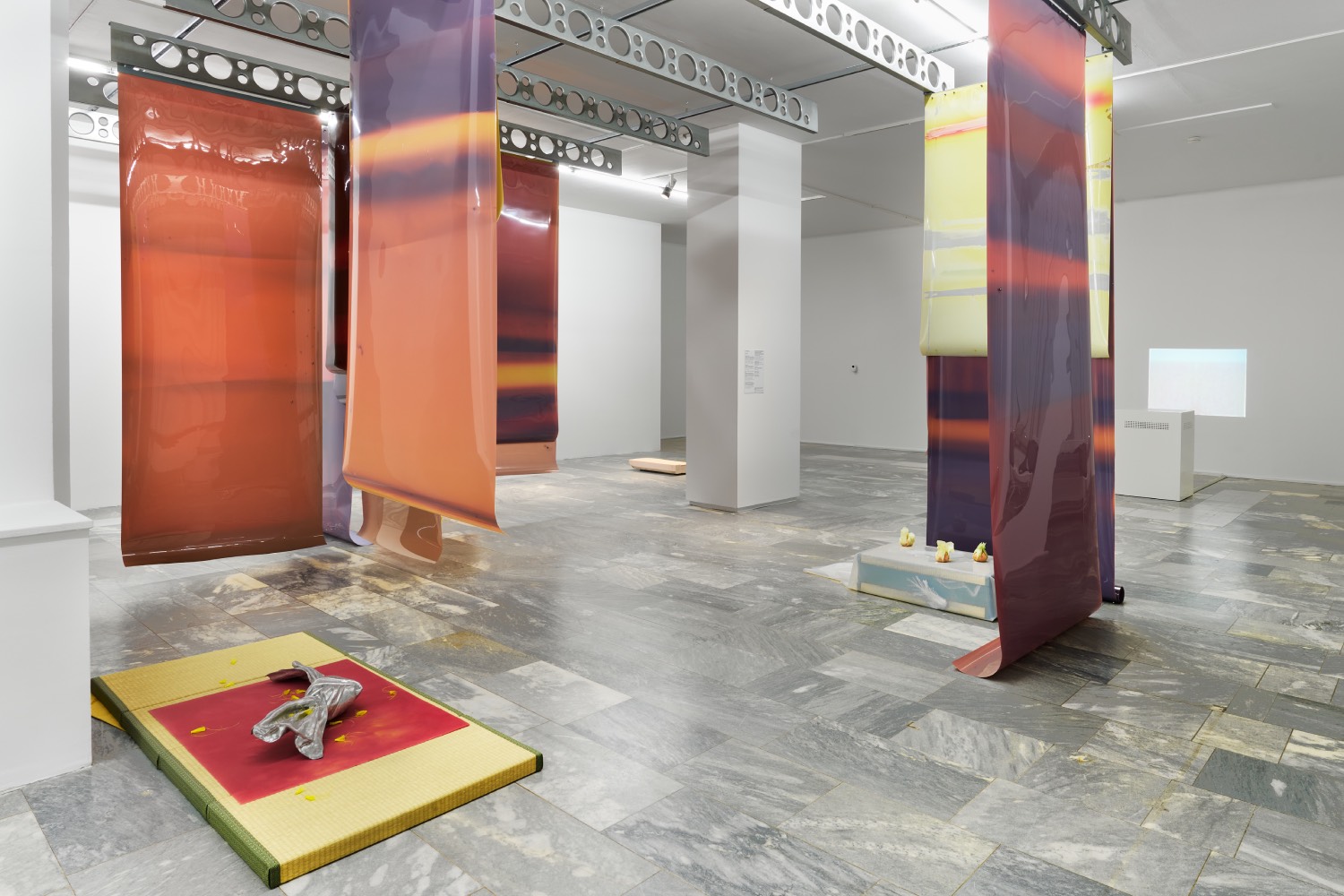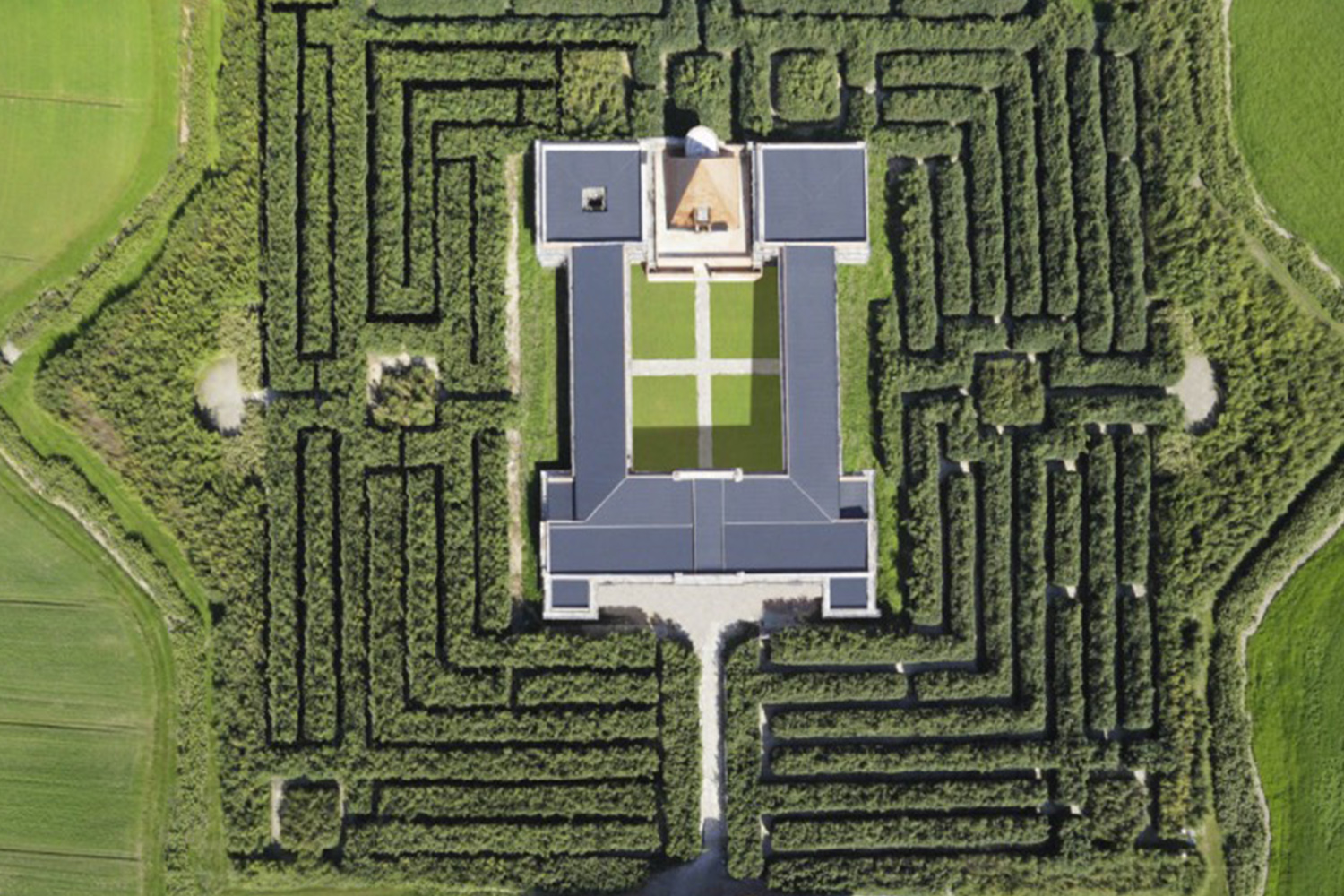Lankum’s 2023 song “Go Dig My Grave” revisits an old ballad sung by Jean Ritchie on the 1963 album Jean Ritchie and Doc Watson at Folk City.
“Our interpretation of the song centers on the emotion of grief: totalizing, unbearable, and absolute,” the band explained. “A visceral physical reaction to something that the body and mind are almost unable to process. The second part of the song is inspired by the Irish tradition of keening (from the Irish caoineadh), a traditional form of lament for the dead. Regarded by some as opening ‘dangerous channels of communication with the dead,’ this practice has been the subject of severe censorship by the Irish Catholic Church since the seventeenth century.”
While the song focuses on death, the Irish dark folk band’s approach is entirely contemporary, setting it apart from the original. The Dublin quartet avoids both mannerism and nostalgia, seamlessly blending traditional instruments like uilleann pipes with modern elements like tape loops. The result is a powerful collision of folk, post-industrial, and psychedelia – encapsulating not only the spirit of Unsound, the Krakow festival where Lankum played on October 5, 2024, but also redefining what experimental music can and should be, in a time when the term has been so overused it risks losing meaning.
Death looms over us now more than at any time in the past thirty years. To remind us of this, Lankum draped a large Palestinian flag over a colossal orchestral kettledrum, used from time to time to hurl thunder at the audience. These booming sounds, synchronized with flashes of red light, reverberated through the ICE Congress Centre, serving as a fleeting reminder of the ongoing crises in Gaza, Lebanon, or even just three hundred kilometers from Krakow, on the Ukrainian border.
Yet not even the darkest of times can stop an Irishman from occasionally cracking a joke between the songs. “The last time we played in Poland must have been six or seven years ago,” recalled one of the Lynch brothers, who cofounded the band in Dublin two decades ago. “We thought we were supposed to do a forty-five-minute set at that festival, but we were actually booked for an hour and a half. After forty-five minutes we got up and greeted the audience, ‘Hello, thank you all!’ We had to improvise the rest of the concert.”
Kali Malone’s performance, crafted specifically for the occasion, was far from eloquent. Like Lankum, the American musician drew on ancient elements, including the Capella Cracoviensis church choir, to deliver an unconventional hour of contemporary music. Manipulating the sustain functions of two pipe organs alongside her husband Stephen O’Malley — best known for his drone metal project Sunn 0))) — Malone created an almost paradoxical experience. The extended drones on her latest album, All Life Long (2024), are effortless when played by holding down an organ key, but far more challenging for a trombonist struggling to maintain a steady note without passing out on stage from lack of oxygen. The result was an impressive feat of endurance – so kudos to the entire ensemble, especially to the courageous brass quintet!
Keiji Haino, seated in the audience, observed the challenging performance. A few hours later, in the former industrial spaces of Kamienna 12 — where the festival traditionally hosts its louder, more electronic acts — he reminded everyone of the true essence of noise, fittingly the theme of this year’s edition. Armed with a red Gibson SG connected to a chain of analog processors (probably pedals), the silver-haired master, ever hidden behind his signature sunglasses, unleashed waves of distortion from a towering wall of amplifiers, as imposing as a prison wall. The performance felt like a metal concert with only the guitarist on stage, creating a surreal and otherworldly atmosphere. By the twenty-fifth minute, the music had pushed listeners into strange, uncharted mental terrain – perhaps the ultimate goal of such an uncompromising live set.
At times, the live audiovisual performance A Forbidden Distance was deeply moving. Commissioned by Unsound, Atonal, Semibreve, and Sónar as part of the TIMES initiative, the piece blended music and visuals to striking effect. The Canadian-Iranian sibling duo Saint-Abdullah delivered an electronic set filled with deep bass frequencies and sharp hi-hats, with additional contributions from sound designer Eomac. Meanwhile, videomaker Rebecca Salvadori projected homemade footage from the brothers’ childhood onto the screen. Themes of immigration, integration, and everyday family life emerged, creating a compelling contrast between the intimate and the public, between the energy of a club night and the quiet nostalgia of family memories.
The following day, as if by magic, the festival’s acoustic live acts relocated to a venue straight out of a Tolstoy novel. The ICE Congress Centre transformed into the Juliusz Słowacki Theatre, a lavish nineteenth-century baroque space that stood in striking contrast to the musty basement of the Alchemia pub – where, just a few hours later, Zuli would close out the night, spilling the last drops of festival sweat with his Middle Eastern techno.
Back at Juliusz Słowacki Theatre, Laurel Halo’s live performance was, alongside Lankum’s, the most intense moment of my festival experience. Accompanied by cellist Leila Bordreuil, the American composer enveloped the audience in the atmospheric haze of her latest album, Atlas (2024). Shifting between melancholy and blurred effects — echoing the album’s cover art — Halo let her Steinway grand piano speak in delicate phrases, at times jazzy, at others more abstractly impressionistic. It was an hour of collective dreaming, from which we awoke to applause, with one thought lingering: Ryuichi Sakamoto hasn’t died – he has simply been reincarnated.
Raven Chacon, master of electroacoustic science as well as Navajo Nation activist on issues such as colonialism and imperialism, definitely gave a stamp of approval to the Unsound experience. Whatever the genre, context, audience, or venue, a festival like this confirms sound (even noise, this year’s theme) can and must be a political act, in a historical moment where being apolitical is no longer acceptable.
As Antonio Gramsci once said, “It is precisely in general indifference that fascisms proliferate.”

